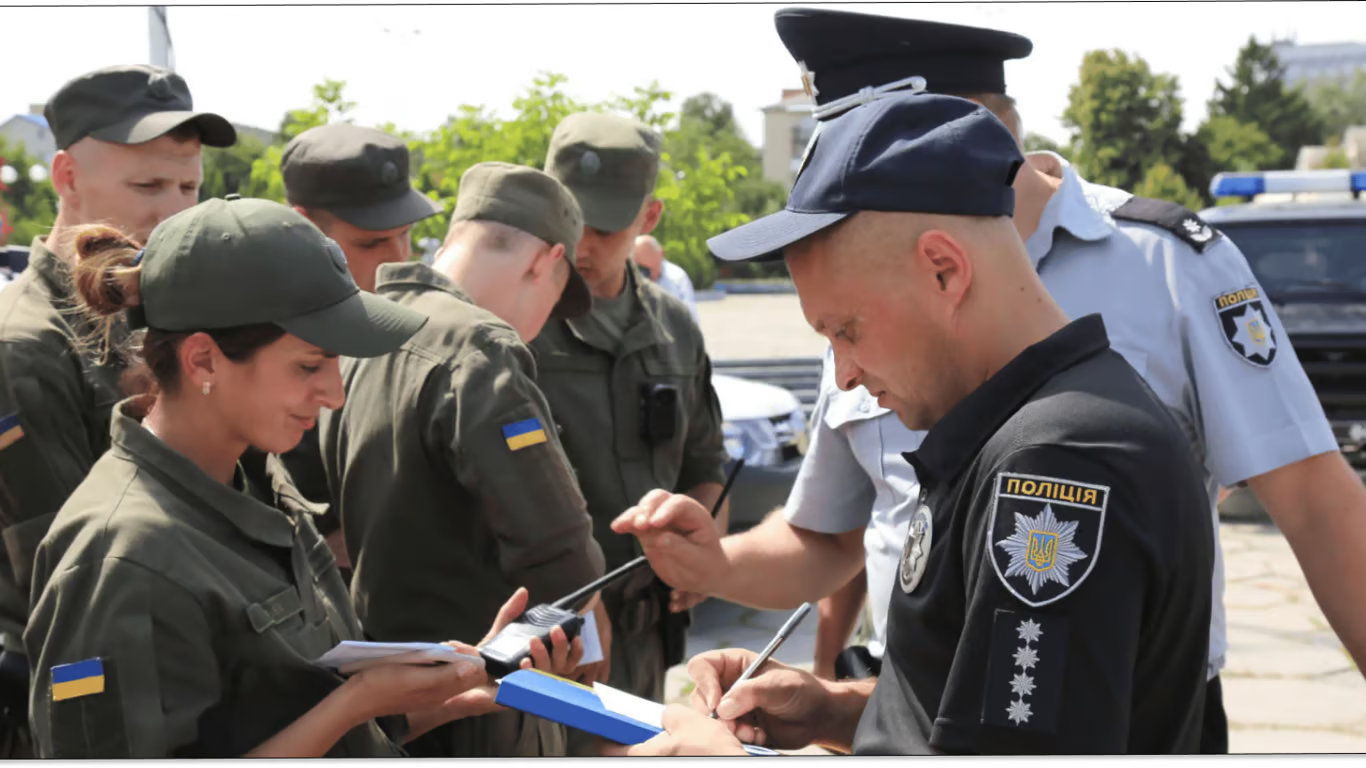The Expanding Role of Military Police in Ukraine
Recent developments in Ukraine have allowed military police greater authority, particularly the power to enter citizens’ homes when deemed necessary. As highlighted by legal expert Katerina Anishchenko, this monumental decision marks a significant turn in law enforcement within the country. With this new responsibility, military police are expected to maintain order not only among civilians but also within the ranks of military personnel. This shift raises important questions about the balance of security and personal privacy.
Understanding the New Draft Law
The Verkhovna Rada, Ukraine’s parliament, has approved a draft law on military police roles in its first reading. This legislation, once fully enacted, will lay out specific responsibilities for military police, including:
- Monitoring the conduct of servicemen
- Enforcing compliance with regulations in public scenarios
- Overseeing security in crowded areas such as railway stations
- Upholding order during public events or demonstrations
Understanding how this law will impact everyday life is critical. For instance, you may wonder how this affects personal space during military exercises or national events. Imagine a military police officer entering a residential area during a training exercise – a scenario that could spark concerns about privacy rights and community trust. The balance between ensuring safety and respecting individual rights is delicate and essential to address.
The Importance of Accountability
As military police take on these new responsibilities, accountability becomes paramount. Research shows that effective oversight mechanisms can enhance public trust. A study from an international law enforcement journal reveals that communities feel safer and more respected when officers operate transparently and are held accountable for their actions. If military police can demonstrate respect for citizens’ rights while enforcing the law, they may foster better community relations.
Real-World Implications and Expert Insight
Let’s look at an example from elsewhere: in various countries where military police play a role, the relationship between the armed forces and civilian life can vary significantly. In Brazil, for instance, military police have been criticized for heavy-handed approaches that sometimes lead to militarized public spaces. In contrast, nations like Germany utilize military police more as a supportive entity focused on assisting civil authorities during crises, rather than infringing upon civil liberties. How Ukraine strikes this balance will be crucial moving forward.
Conclusion: The Path Ahead for Ukraine’s Military Police
As Ukraine steps into this new chapter with military police gaining broader powers, it’s essential to monitor both the positive outcomes and potential pitfalls of such a transition. The likelihood of restoring order during challenging times must be weighed against the necessity of protecting citizens’ rights. Engaging in community dialogues, ensuring transparency, and maintaining accountability will be vital in shaping a law enforcement framework that commands respect and promotes safety for all.
Ultimately, the unfolding dynamics between military police and civilian life will be a telling story of governance, security, and the enduring quest for balance in a rapidly changing world. How the citizens of Ukraine respond to these changes will influence the evolution of military policing and the broader national landscape.






